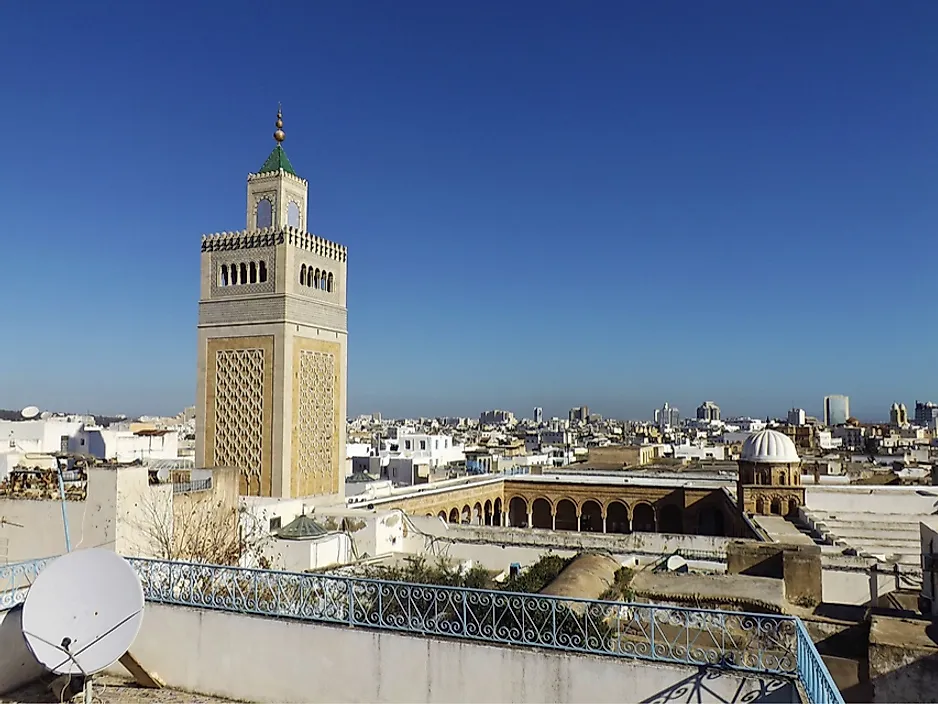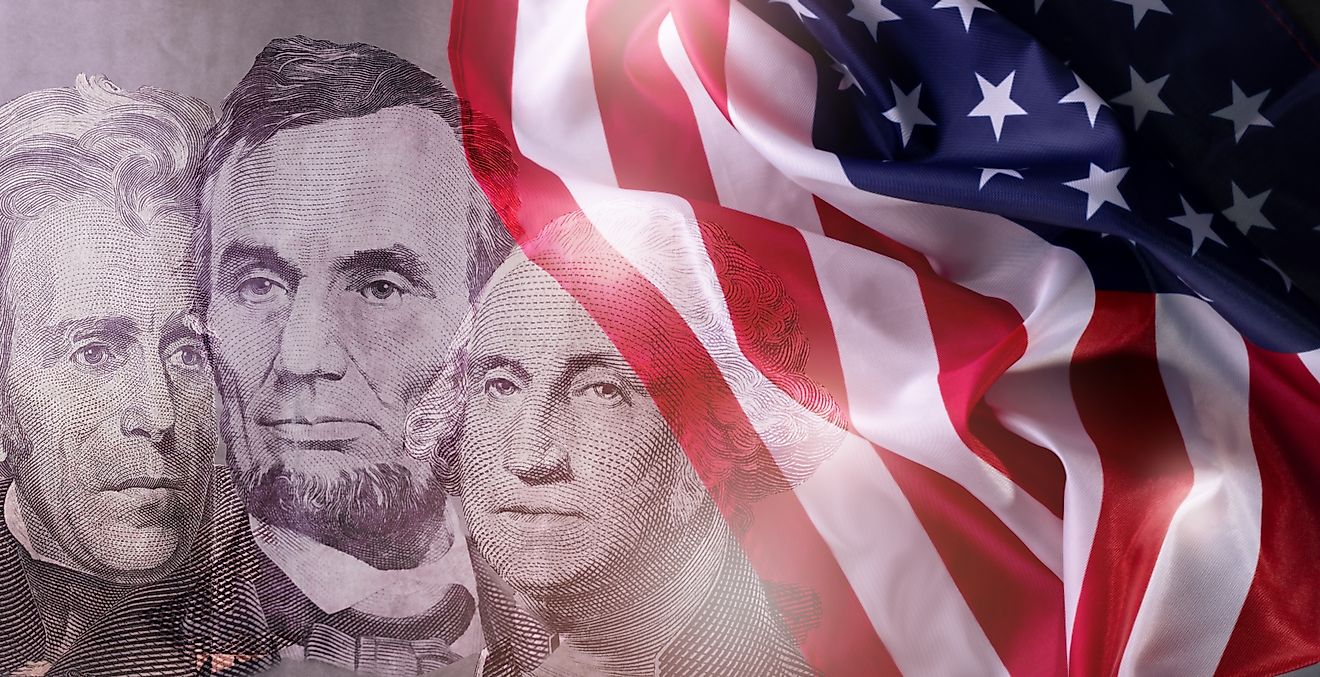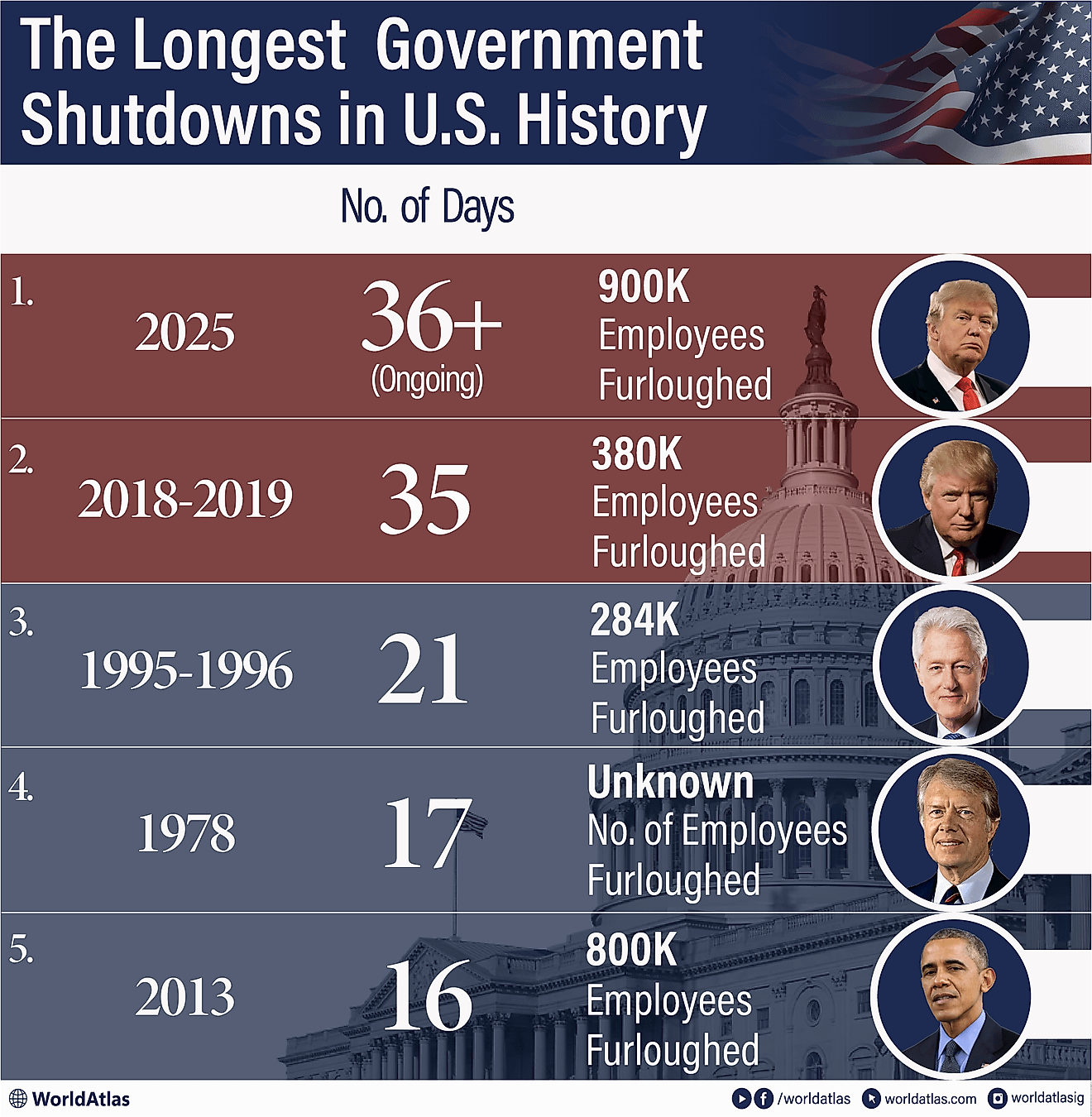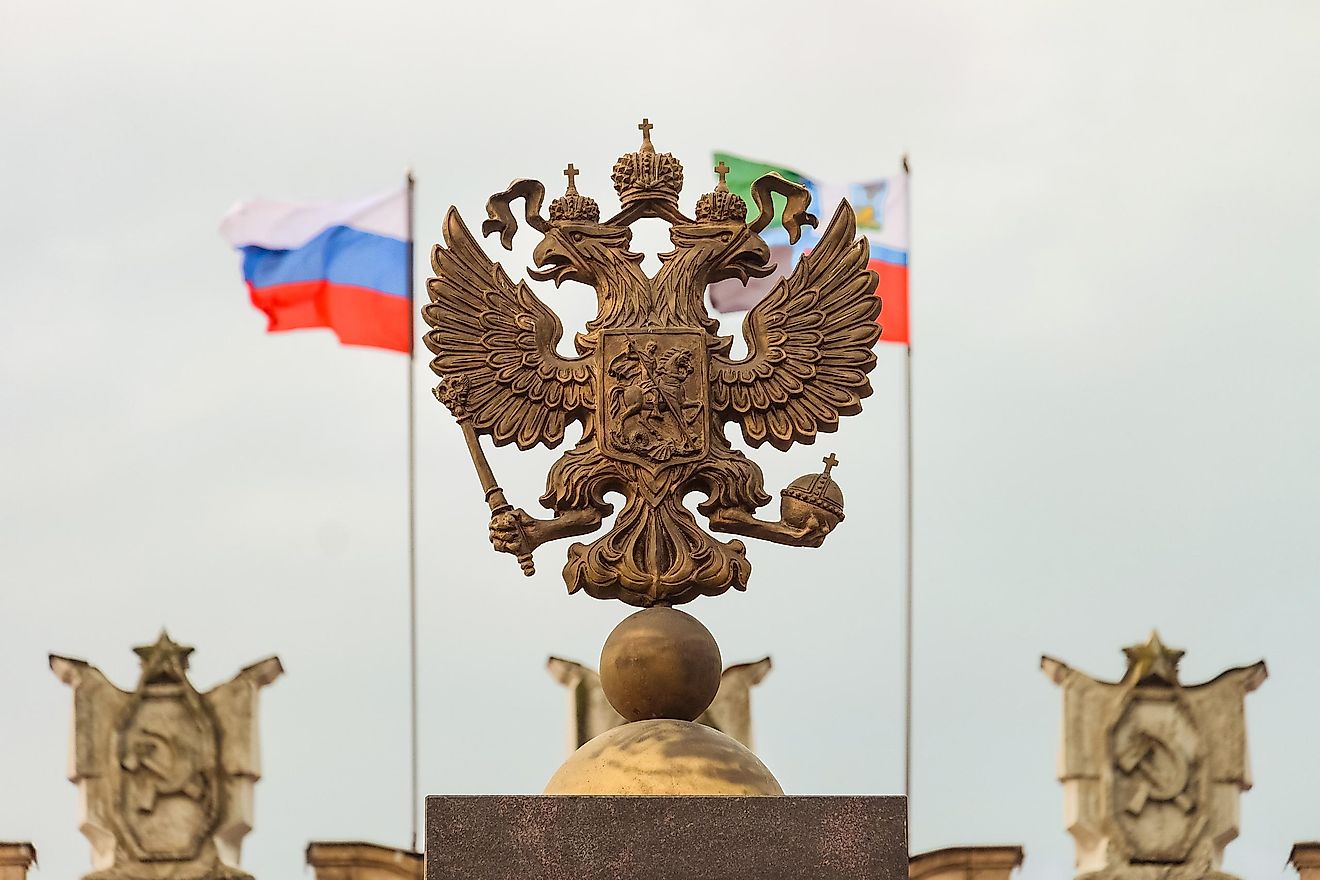What Is the Capital of Tunisia?

Located in North Africa, Tunisia is a nation that borders Libya and Algeria, and has a coastline along the Mediterranean Sea to the east and north. The country includes Africa’s northernmost point, Cape Angela. Tunisia covers an area of 165,000 square km and had an estimated population of 11.93 million in 2016.
What Is the Capital of Tunisia and Where Is it Located?
The city of Tunis is the capital and seat of Tunisia's national government. The city is separated from the Gulf of Tunis by the Lake of Tunis, a natural lagoon, and is connected to the Tunisian port of La Goulette by a canal. Tunis encompasses an area of 212.63 square km and had a population of 1,056,247 in 2014. The city experiences a hot-summer Mediterranean climate.
History of the Capital City of Tunisia
According to ancient sources, Tunis is believed to have been founded by Berbers in the 2nd millennium BC. Established on a hill, the city served as a look-out point for traffic movements to and from the historic city of Carthage. Ancient accounts also mention the destruction of Tunis during the Third Punic War in 146 BC. However, the city was rebuilt, and during the Roman rule in the region it became a fairly important urban settlement. During this time, the city experienced Romanization followed by the spread of Christianity in the region. However, it was not until the 8th century, when the Arab Muslims controlled the city, that Tunis was recognized as a city of strategic importance that could be harnessed for military purposes. During the rule of the Arabs, the region also experienced a series of internal conflicts, rebellions, and massacres. Finally, peace and prosperity were restored through the establishment of the Khurasanid dynasty in the 11th century, with Tunis as the capital.
The Khurasanid dynasty existed for about a century, after which Tunis was annexed by different powers, including the French. Over the years, the city grew into the most important city in Tunisia. During the period of Almohad and Hafsid, the city was regarded as one of the most prosperous in the Islamic world.
In the 16th century, both the Ottoman and Spanish Empires attempted to capture Tunis several times. Finally, a permanent rule was established by the Ottomans. During this period, the ethnic composition of the city became significantly diverse. The Ottoman rulers also built grand monuments and buildings in the city. During the 18th century, Tunisia was ruled first by the Husainid dynasty, and then by the Algerians. However, in the next century, European influence in the region grew considerably. The immigration of settlers from Europe resulted in the city expanding beyond its boundary walls to accommodate the growing population.
Tunisia became a French protectorate in 1881. During the French occupation between 1881 and 1956, Tunis experienced several new developments. Modern colonial settlements were built and inhabited by the Europeans, and new infrastructure was added to the city. During World War I, Tunis had little role to play. However, during World War II, the city was briefly held by Axis forces before being recaptured by Allied forces. Since the independence of Tunisia from colonial rule in 1956, the city has served as the country's capital. The independence of Tunisia led to the Arabization of the city once more, and a large section of the European population emigrated to their native lands. Conflicts between the existing Europeans and native settlers continue to exist.
Current Role of the Capital of Tunisia
Tunis is currently the nation's political, administrative, and commercial center. The city accounts for about one-third of the country's GDP. The Carthage Palace, the official residence of the country’s president, the parliament, the Constitutional Council, the courts, and other important national government buildings of Tunisia are located in the city. The economy of Tunis is dependent on tourism, olive oil, carpets, and textiles. Most of the companies that operate in Tunis have their headquarters in the city. There is significant foreign investment in Tunis. However, like other rapidly growing cities of the world, Tunis faces several challenges like growing rates of poverty and unemployment.











